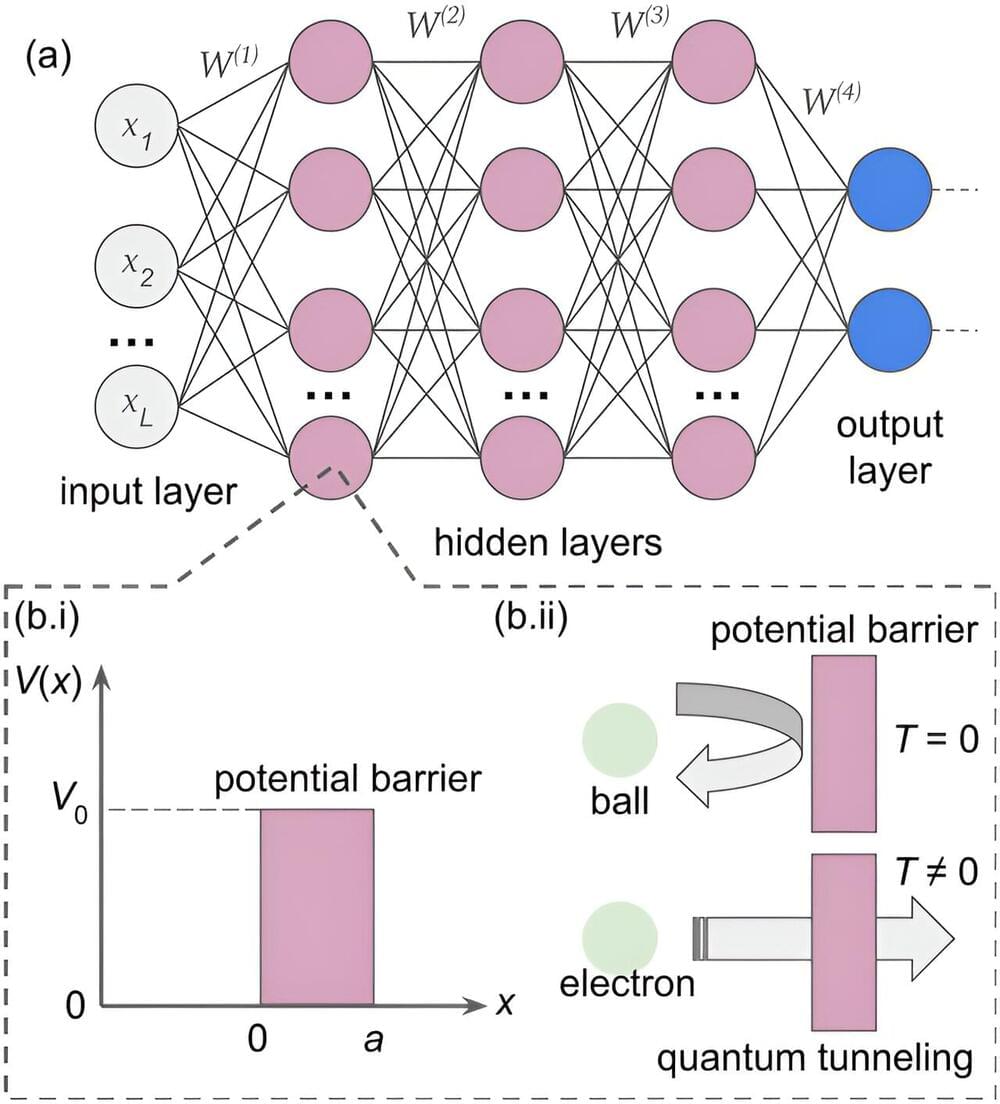Optical illusions, quantum mechanics and neural networks might seem to be quite unrelated topics at first glance. However, in new research published in APL Machine Learning, I have used a phenomenon called “quantum tunneling” to design a neural network that can “see” optical illusions in much the same way humans do.
My neural network did well at simulating human perception of the famous Necker cube and Rubin’s vase illusions—and in fact better than some much larger conventional neural networks used in computer vision.
This work may also shed light on the question of whether artificial intelligence (AI) systems can ever truly achieve something like human cognition.










Leave a reply